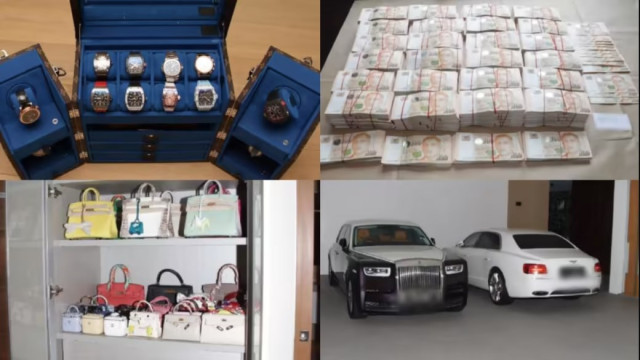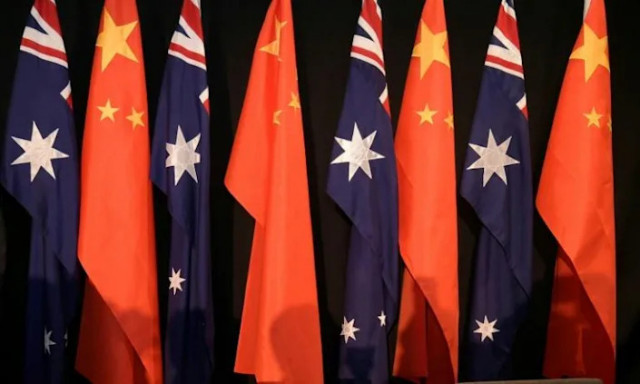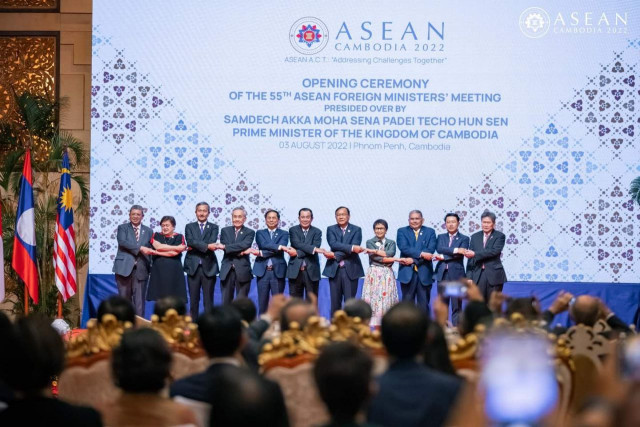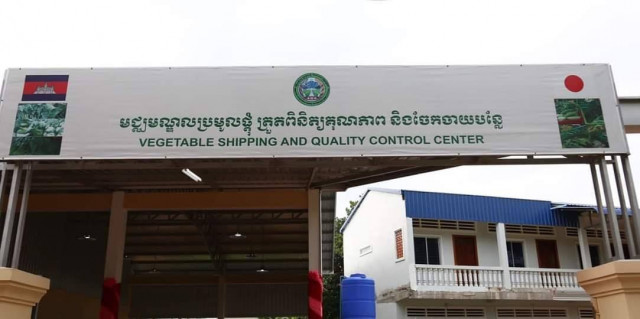Cambodia Probing Citizens Involved in Money Laundering in Singapore

- By Teng Yalirozy
- August 18, 2023 3:51 PM
PHNOM PENH — Cambodia is investigating three individuals allegedly involved in money laundering in Singapore who are believed to be Cambodians.
“The Cambodian Embassy in Singapore is working with the relevant authorities to verify the information,” Ministry of Foreign Affairs and International Cooperation spokesperson An Sokhoeun said in a text message on Aug. 18. “In case of the involvement of Cambodian citizens, the Embassy will provide consular assistance.”
On Aug. 15, 10 persons of Cambodian, Chinese, Cypriot, Ni-Vanuatu and Turkish nationalities, ages 31 to 44, were detained by the Singapore Police Force (SPF) on suspicion of involvement in forgery and money laundering, according to the Singaporean authorities.
They appeared in court and were charged on Aug. 16. According to The Strait Times of Singapore, three Cambodian nationals, Su Baolin, Su Wenqiang and Chen Qingyuan, were charged with using a forged document, one count of money laundering and money laundering respectively.
Cambodian National Police spokesperson Chhay Kimkhoeun said in a text message on Aug. 18, “[w]e also received this information through the news and have not yet received it from Singapore authorities.”
Su Baolin, a Chinese national, was naturalized by the Cambodian government on Feb. 26, 2019, according to a Royal Decree. Su Wenqiang was naturalized on Oct. 7, 2019, while Chen Qingyuan was granted Cambodian citizenship on Aug. 14, 2018.
According to the Singapore Police Force, Su Baolin, 41, was found to possess a foreign passport believed to be issued by China. He is charged with one count of using a fake document under Section 471 of the Penal Code.
More than S$777,000 in cash and other foreign currencies, 75 pieces of jewelry, and seven homes and six cars with an estimated worth of more than S$76 million were confiscated by the police, etc. Three related bank accounts with a total balance of more than S$2.4 million were also frozen. (As of Aug. 18, S$1 is worth approximately US$0.74.)
Another Cambodian national, Su Wenqiang, 31, was found to possess a foreign passport believed to be issued by China. He is charged with one count of money laundering.
The Singaporean police seized more than S$600,000 and other foreign currencies in cash, 11 pieces of jewelry, and so on. Eight associated bank accounts with a combined balance of more than S$10 million as well as other foreign currencies were blocked by the police.
Cambodian national Chen Qingyuan, 33, was found in possession of other foreign passports believed to be issued by the People’s Republic of China and the Dominican Republic. He is charged with one count of money laundering.
The police seized cash close to S$600,000 and other foreign currencies, 23 pieces of jewelry, and other items. In addition, the police blocked two associated bank accounts with a combined amount of over S$28,000 as well as other foreign currency.
The assets, which included properties, luxury cars and goods, were worth about $1 billion, according to The Strait Times newspaper.
If convicted, the offense of money laundering for individuals is punishable with imprisonment for up to 10 years, or a fine of up to $500,000, or both, said the Singapore Police Force.
The crime of forging documents with the intent to defraud carries a fine and a maximum sentence of 10 years in jail. The offense of using a forged document is punishable with imprisonment of up to four years, or fine, or both.
On Feb. 24, Cambodia was removed from the grey list of the Paris-based Financial Action Task Force (FATF) following the visit of a FATF team to the country in January 2023 to investigate the country's efforts to stop money laundering. Cambodia has stressed the continuous effort not to let the country fall back into the list.















